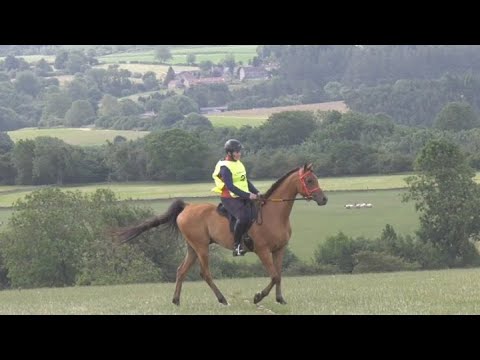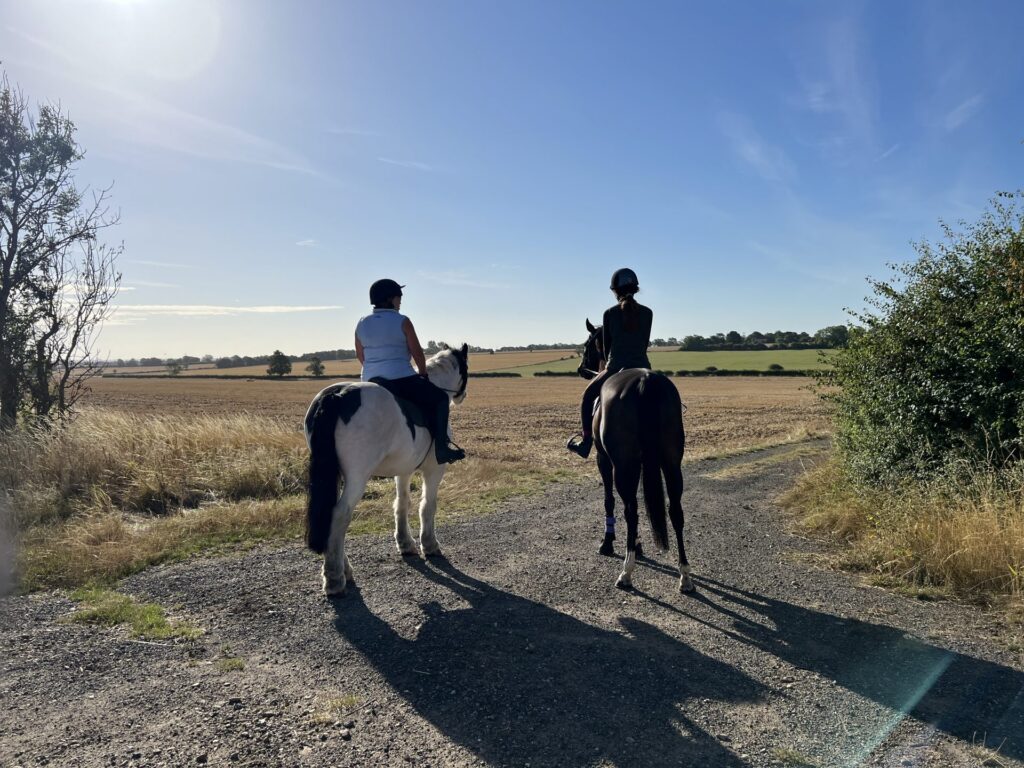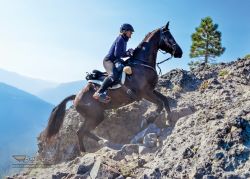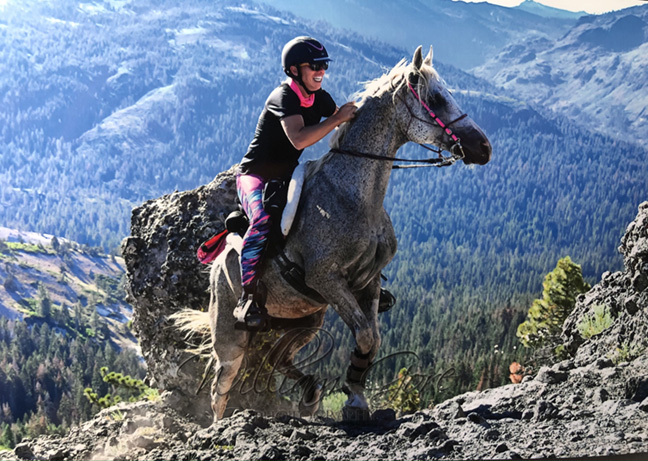Retirement and Second Careers for Endurance Horses

Endurance horses are remarkable athletes, often competing in long-distance races that test their stamina, speed, and resilience. However, like all athletes, they eventually reach a stage where retirement or a transition to a second career becomes necessary. This article explores the best practices for retiring endurance horses and the exciting opportunities available for their second careers.
Understanding Retirement for Endurance Horses

Retirement for endurance horses is not just about stopping competition; it involves a thoughtful process to ensure their health, happiness, and well-being in their later years.
| Aspect | Considerations |
|---|
| Physical Health | Regular veterinary check-ups, managing arthritis, and maintaining a healthy weight.
| Mental Well-being | Providing companionship, mental stimulation, and a stress-free environment.
| Nutrition | Adjusting diet to lower energy needs while ensuring balanced nutrition.
| Environment | Safe pasture, shelter, and appropriate turnout time.
Signs It’s Time to Retire Your Endurance Horse

- Decreased performance and stamina
- Chronic injuries or health issues
- Behavioral changes indicating discomfort or stress
- Age-related decline
Recognizing these signs early helps in planning a smooth transition.
Second Career Options for Retired Endurance Horses
Many endurance horses possess qualities that make them suitable for various second careers. Here are some popular options:
| Second Career | Description | Suitability Factors |
|---|---|---|
| Trail Riding | Leisure riding on trails, less intense than endurance racing | Calm temperament, good training, sound health |
| Therapy Horses | Assisting in therapeutic programs for people with disabilities | Gentle nature, patient demeanor, reliable behavior |
| Riding Lessons | Teaching beginners or intermediate riders | Steady gait, calmness, willingness to work |
| Driving | Pulling carts or carriages for pleasure or competition | Strong build, good training, cooperative attitude |
| Show Horses | Participating in lower-impact competitions like dressage or jumping | Athleticism, adaptability, soundness |
Preparing Your Horse for a Second Career
Transitioning to a new role requires:
- Gradual retraining focusing on new skills
- Patience and positive reinforcement
- Regular health monitoring
- Adjusted exercise routines
Frequently Asked Questions (FAQ)
Q1: How long do endurance horses typically compete before retirement?
A1: Most endurance horses compete actively until around 12-15 years old, depending on their health and performance.
Q2: Can retired endurance horses adapt well to other disciplines?
A2: Yes, many endurance horses adapt successfully to second careers due to their stamina, training, and temperament.
Q3: What are the common health issues to watch for in retired endurance horses?
A3: Arthritis, metabolic disorders, and dental problems are common concerns.
Q4: How can I ensure my retired horse stays mentally stimulated?
A4: Providing companionship, varied environments, and gentle activities helps maintain mental health.
Conclusion
Retiring an endurance horse and guiding them into a fulfilling second career requires careful planning and understanding of their unique needs. With the right approach, these incredible animals can enjoy a happy, healthy life beyond their competitive years, continuing to bring joy and purpose in new ways.
By considering health, behavior, and suitable activities, owners can make informed decisions that benefit their horses’ well-being and longevity.
